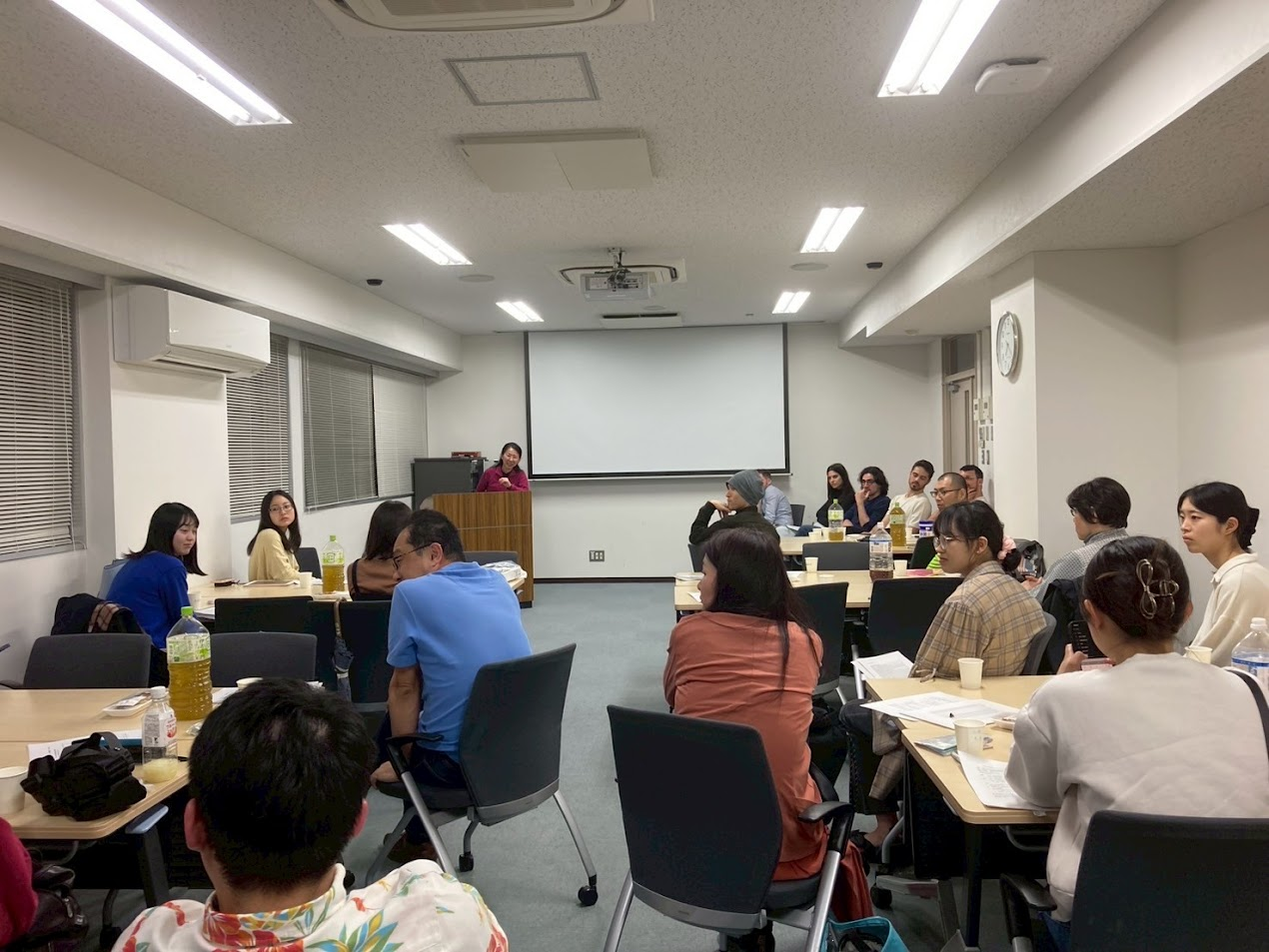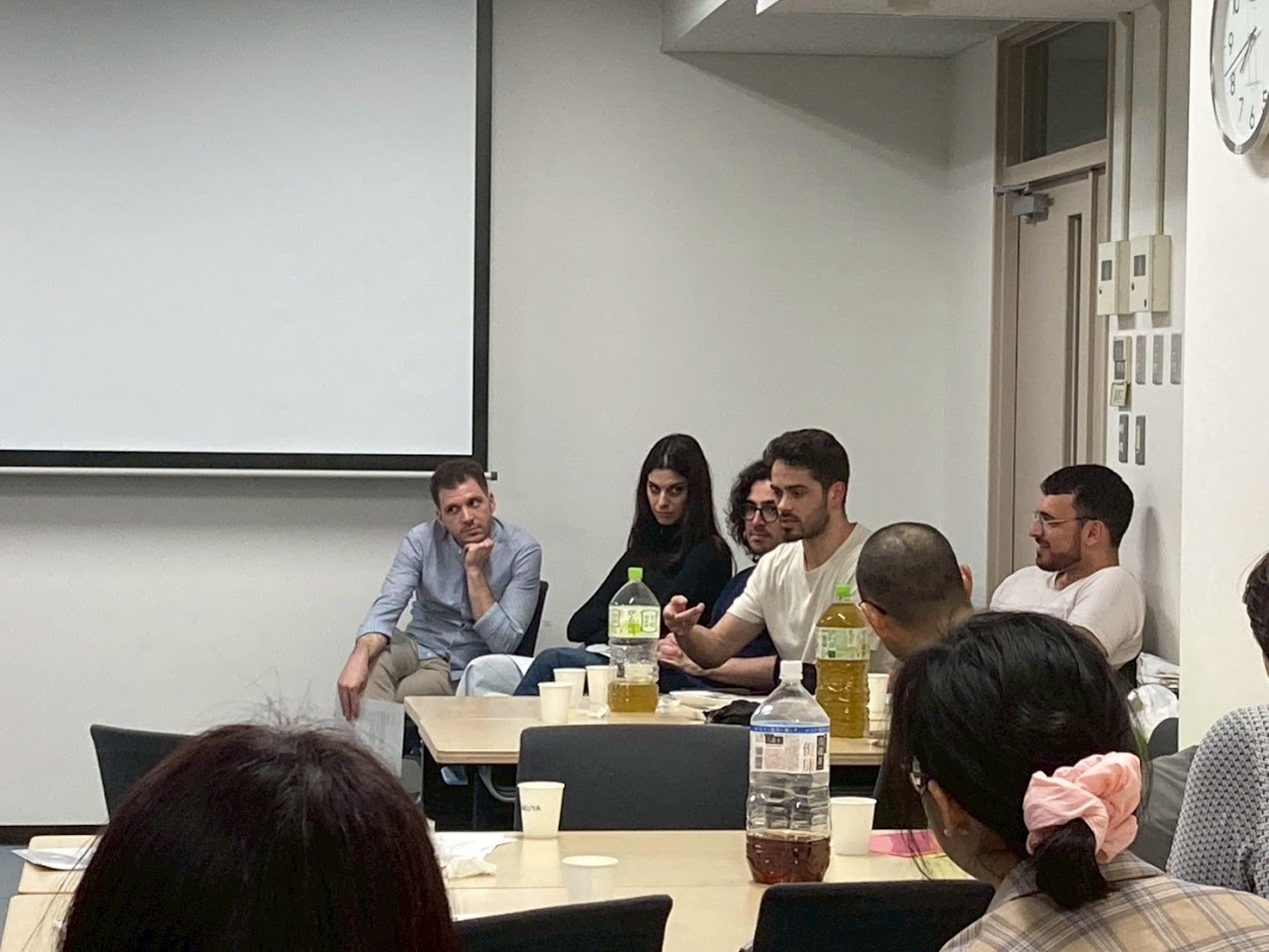Psychiatry in Italy – Reflections from a Japan–Italy Youth Mental Health Exchange
Date: April 22, 2025 18:00 - 20:30
Location: Akita University, Faculty of Medicine
Hosted by: Department of Community Psychosomatic Medicine & Furatto (Daisen City)
As part of our ongoing efforts to create transnational dialogues around youth mental health and social withdrawal (hikikomori), we welcomed a group of psychiatric residents from Department of Neuroscience, University of Padova, Italy, to join a public seminar titled “Psychiatry in Italy” at Akita University. This event was held in collaboration with the local outreach center Furatto, a low-threshold drop-in space for socially withdrawn youth in Daisen City.
The seminar provided an opportunity to learn directly from Italy’s next generation of psychiatrists about their country’s unique approach to mental health care, rooted in the deinstitutionalization movement and the development of community-based services. Through a bilingual presentation (English with Japanese interpretation), the Italian residents shared firsthand perspectives on their medical training, clinical practices, and reflections on care culture in Italy.
What made this event distinct was not only its academic value but also its community-based tone. The seminar was attended by over 20 participants, including university students, clinical trainees, peer supporters, and individuals involved in hikikomori-related outreach. Held in a roundtable format with refreshments and informal dialogue, the session embodied Furatto’s “flat” philosophy—emphasizing mutual respect, lived experience, and equality across roles.
Discussion topics included:
Comparative views on psychiatric training and professional identity
Community mental health frameworks in Italy vs. Japan
Youth social withdrawal (hikikomori), school refusal, and care accessibility in rural contexts
The role of empathy and peer support in non-clinical settings
The dialogue highlighted shared values across borders: the importance of dignity, relational care, and creating spaces of safety and trust—especially for those who find it difficult to engage with formal systems.
This session affirmed the power of interdisciplinary and intercultural collaboration. We look forward to continuing these exchanges and developing collaborative research on culturally responsive models of mental health outreach.










コメント
コメントを投稿